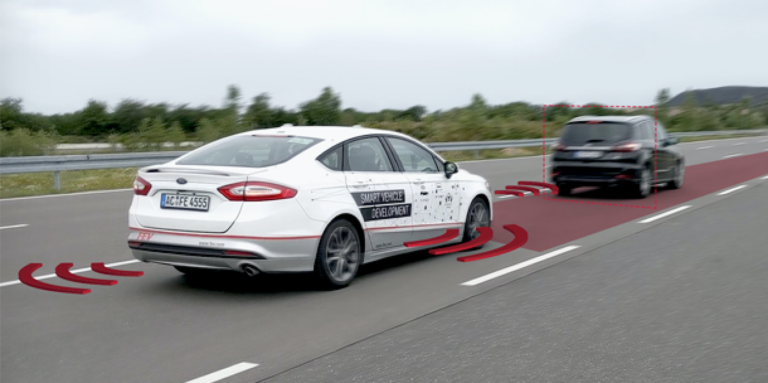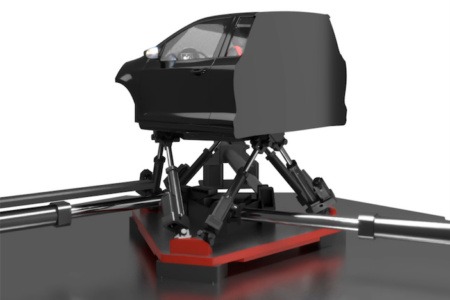Vehicle and powertrain developer, FEV, is working on a project that aims to create a comprehensive methodology for piloting, evaluating and testing automated driving functions with leading organisations throughout the transportation industry. This project, part of the L3Pilot European research project, began in September 2017 and has received funding from the European Union’s Horizon 2020 research and innovation programme.
The primary objectives for the project include describing automated functions from the perspective of the user; providing research hypotheses and logging requirements; developing experimental procedures; providing support for implementing these procedures into practice at pilot sites; and defining the methodology for all areas of evaluation.
“The scope of the project is primarily focused on SAE Level 3 automated driving functions, along with the addition of select Level 4 functions,” explained Elmar Boerner, senior group director for ADAS (advanced driver assistant systems) and AD (automated driving systems) development at FEV. “Our key objective is to ensure that the functionality of the automated systems is exposed to variable conditions, and that the performance is consistent, reliable and predictable.”
As part of the project, FEV is performing on-highway testing of its own prototype smart vehicle, with the tests being conducted in Germany – near Aachen, Cologne, and Düsseldorf – to evaluate functions such as the ‘traffic jam chauffeur’. Following assessment by TÜV Rheinland, FEV received approval from the Cologne district government to drive its demonstrator vehicle on predefined public roads up to a maximum speed of 60km/h (37mph) with the in-house developed traffic jam chauffeur functionality activated. This test will allow FEV to further develop the maturity of automated driving functions as well as to gather important data under real-life driving conditions.
Throughout the project, FEV has also been involved in cybersecurity and datalogging aspects. The company has worked with L3Pilot partners to perform cybersecurity threat analyses for Level 3 automated vehicles and has recommended failsafe procedures and strategies to protect against cyberattacks. FEV has also been active in the evaluation of datalogging tools for the verification and validation of automated driving (AD) functions. This evaluation concluded with a recommendation of the logging system that OEMs should use for AD verification.
“The L3Pilot project provides a powerful platform for advancing the state of the art in the development, testing and validation of automated driving features,” said Boerner. “The learnings from this project have already proven to be valuable, and will become even more important as automated technologies become increasingly advanced in the coming years.”
The L3Pilot project received €36 million in funding from the European Union’s Horizon 2020 research and innovation programme under grant agreement No 723051. The 48-month project includes testing from more than 1,000 users, with approximately 100 vehicles in Austria, Belgium, France, Finland, Germany, Greece, Italy, the Netherlands, Norway, Sweden, Switzerland, and the UK. 34 partners, including OEMs, suppliers, research organisations, insurances agencies, and more have combined on this effort.
This project is also being conducted alongside other AD research and development work within the FEV Group. A duplicate of the smart vehicle demonstrator used in the L3Pilot project is actively in use in the USA, focused on the unique requirements and development work being addressed by FEV North America. The company is also actively involved in automated driving programmes, including development, testing and validation, in other global markets, including throughout Asia.





